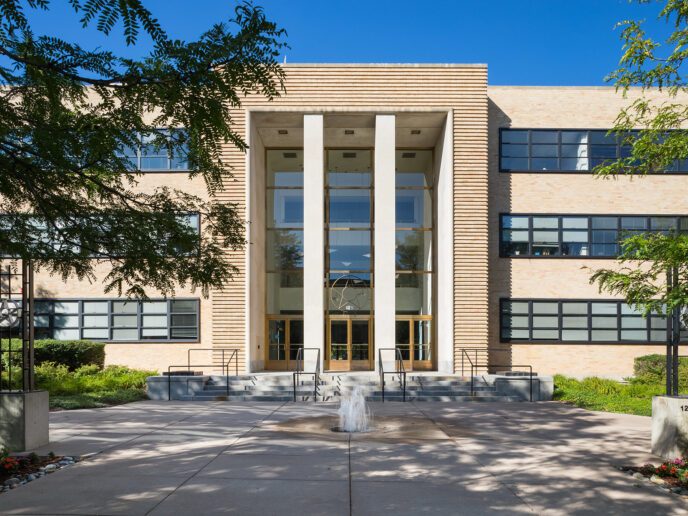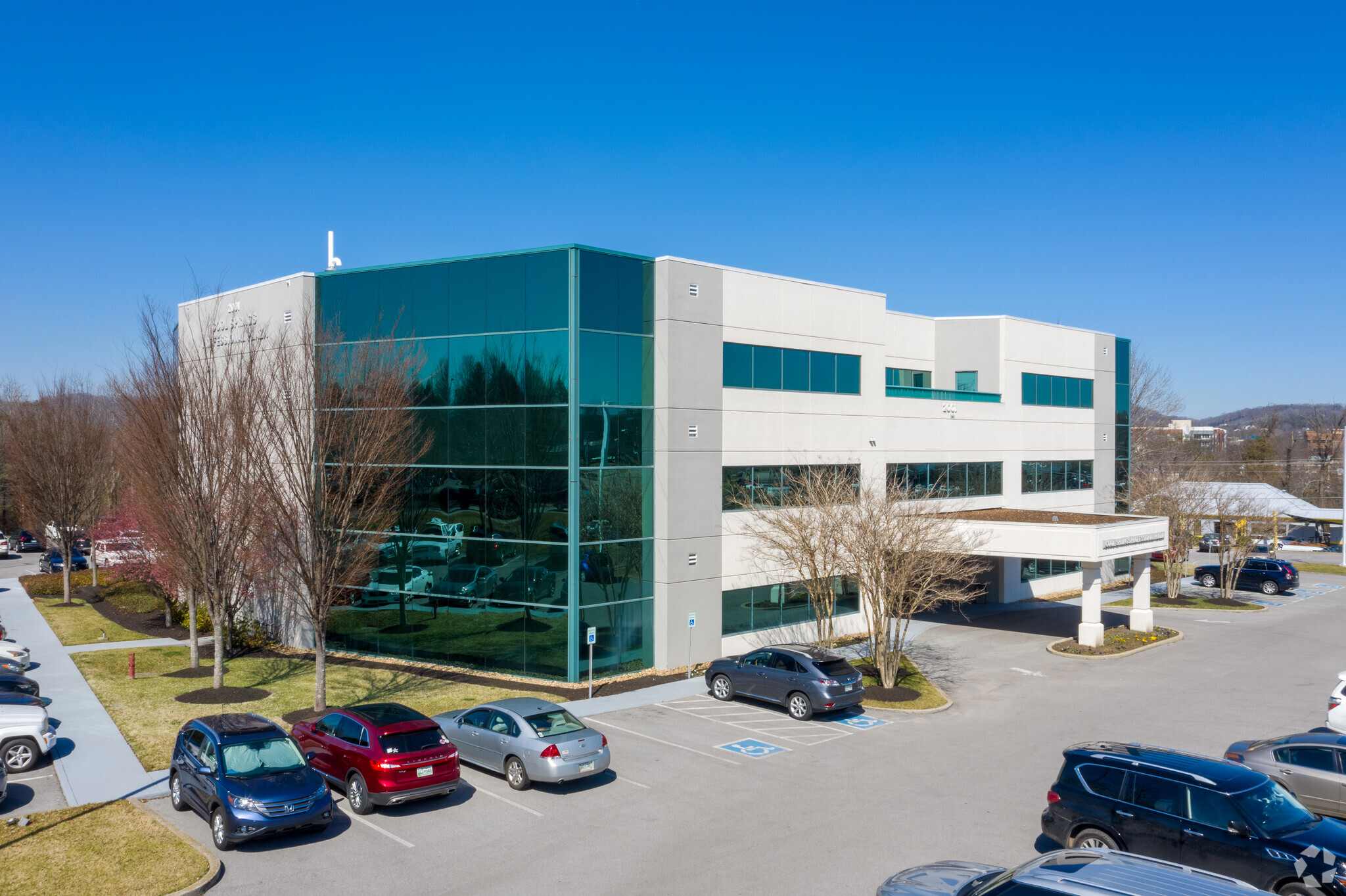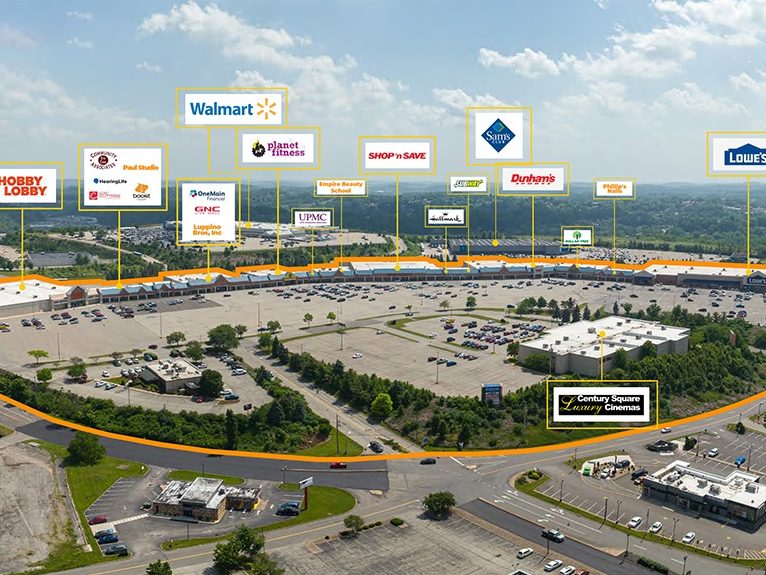Knotel Closes $60M Funding Led by Norwest Venture Partners
The “agile workspace” provider sought the financing to expand its global footprint, which now stands at more than 1.7 million square feet.
By Scott Baltic, Contributing Editor
Knotel, a leading flexible office space service, has closed a $60 million round of funding led by Norwest Venture Partners.
As part of the investment, Norwest Managing Partner Jeff Crowe will take a seat on Knotel’s board. Norwest has already backed hot companies such as Opendoor, Uber and Spotify.
“Agile workspaces represent the next generation of corporate offices, and Knotel is the clear leader of this movement,” Crowe said in a prepared statement.
The new round of financing brings Knotel’s total backing to $160 million. Existing investors include Newmark Knight Frank.
The fresh cash comes as Knotel continues to expand. Currently it offers “full-floor, fully-serviced, branded office space” at nearly 100 locations in New York, San Francisco, London and Berlin.
In the past six months, the company has more than doubled its footprint to a total of approximately 1.7 million square feet. Knotel reports that it’s on track to exceed $100 million in revenue run rate by year’s end, with mature locations operating at 90 percent occupancy.
More space, growing niche
By calling itself a “provider of agile workspaces for companies” and explaining that it “designs and manages agile office space for established and growing companies,” Knotel takes pains to set itself apart from coworking companies. But is the distinction valid?
An August report from Cushman & Wakefield called Coworking and Flexible Office Space: Additive or Disruptive to the Market? suggests that it is. The report compares coworking with what it calls “speculative office,” both of these in contrast to traditional office space.
As might be expected, speculative office/flexible office is intermediate between coworking and traditional space, offering its own combination of turnkey space with high potential for branding, typical lease terms of four to six years, and recurring costs that are lower than coworking space, yet higher than traditional space.
Whatever its blend of pros and cons, right now Knotel’s platform seems to be thriving.
In May, Knotel took a seven-year lease for 23,000 square feet in Manhattan’s NoMad neighborhood. Later in September, the company signed four leases—two new ones and two expansions—totaling nearly 32,000 square feet, also in Manhattan. And in October, Knotel inked a 28,820-square-foot, two-full-floor lease in Lower Manhattan.
Image courtesy of Norwest Venture Partners








You must be logged in to post a comment.